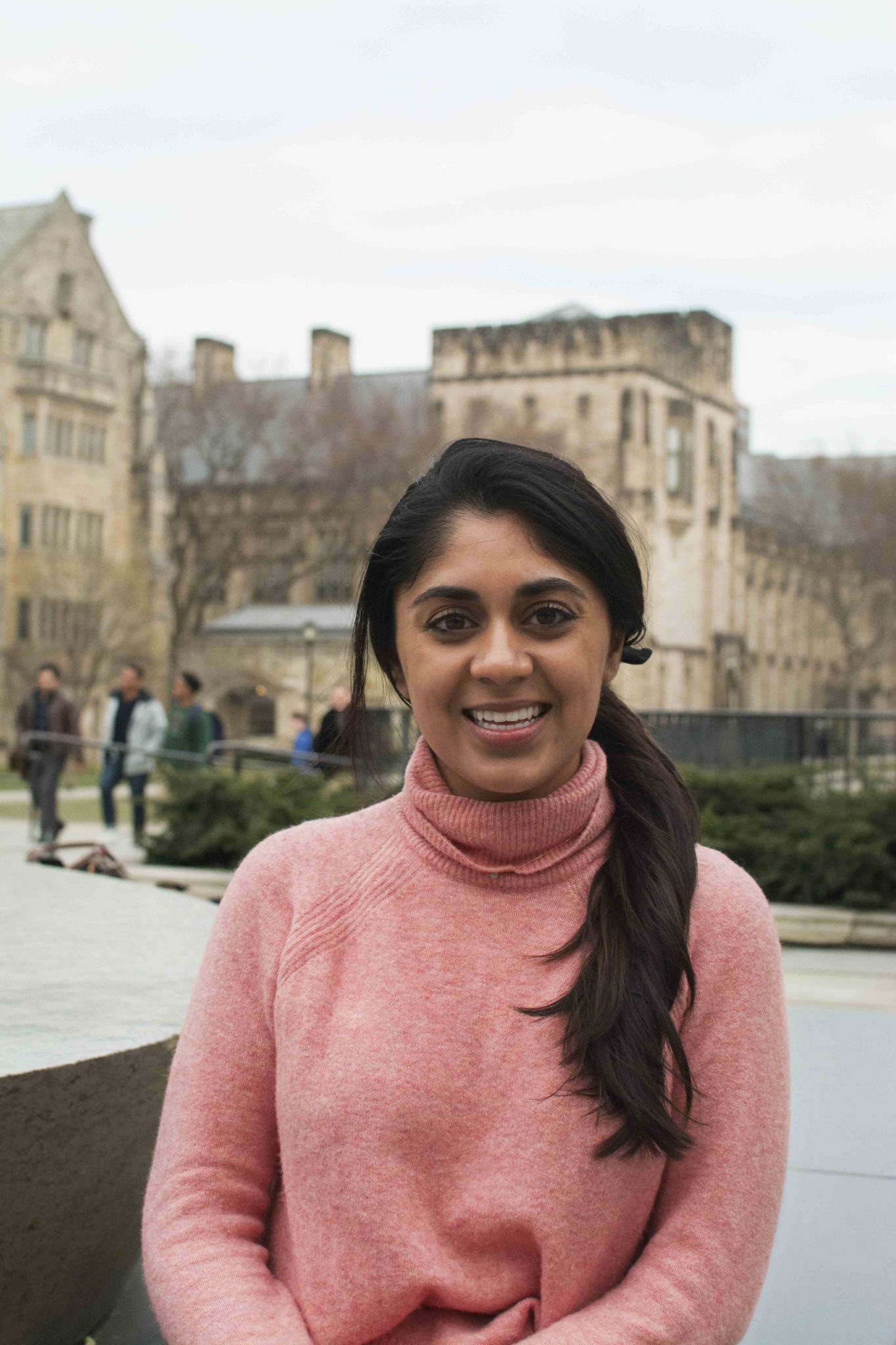
As part of a broader effort to strengthen ties with the Elm City, the Yale College Council is partnering with United Way of Greater New Haven, a local nonprofit that focuses on health, education and financial stability.
The partnership will include a series of lunches, open to all students, in which United Way of Greater Haven members will talk about issues that New Haven faces as well as volunteer trips to schools. YCC and the nonprofit will also collaborate on a poverty simulation event on Cross Campus in the spring.
YCC is also setting aside approximately $3,000 of their internal endowment of $17,000 for greater engagement between Yale students and the city, according to YCC Finance Director Kahlil Greene ’21.
“I really think that the YCC, in the past, has turned a blind eye to New Haven-Yale relations, and I think that’s really shameful, because New Haven is the city in which we work, learn and live,” Saloni Rao ’20, YCC president, told the News. “So, the YCC plans to collaborate in a sustained and meaningful fashion with the United Way of Greater New Haven this upcoming semester and year.”
United Way of Greater New Haven is a chapter of the national organization United Way Worldwide, a nonprofit in 1,200 cities across the country. The New Haven chapter of United Way coordinates community improvement initiatives in 12 towns in the region, according to Brian Mezzi, assistant director of development at United Way of Greater New Haven.
The organization focuses on five main issues: education, hunger, homelessness, financial security and mental wellness.
While United Way of Greater New Haven has raised nearly $21 million for children and families during its 30 yearlong partnership with Yale, there has not been a “direct effort” by United Way to reach out to the student population, Mezzi told the News.
“What we realized is, to tackle those issues, there is a massive student body that has the drive to learn and to be actively and authentically engaged in meaningful work nowadays,” Mezzi said. “But also, as United Way, we feel that we have an obligation to the student body to make sure the people that come from all over the world can get connected to the community and focus their efforts … around the issues affecting the community in which they live in.”
Rao said she has worked with Mezzi over the past summer to solidify the partnership. They settled on three “actionable pieces of change.” For the first piece, YCC and United Way will launch a series of monthly lunches called Lunch and Learn, open to all students, to increase awareness about issues that impact the New Haven community. The first meal will take place this Friday and will focus on homelessness in New Haven. As of Wednesday afternoon, approximately 35 students had signed up for the event, 10 of whom are affiliated with YCC.
In addition to volunteering at New Haven public school events to help students who have experienced some form of mental trauma, United Way and YCC will also host a poverty simulation on Cross Campus. At the event, students can visit multiple stations to access social services, food and shelter to model the experience of poverty, Rao said.
Both Rao and Mezzi told the News that they hope the partnership is a sustainable one.
“It’s not just to raise money. It’s to inspire people to give but also to get involved,” Mezzi said. “And at the end of the day, more children and families will be better off, and we can help them live their best possible lives … by creating these partnerships.”
Once YCC’s new Council of Representatives, which has its first meeting slated for this Sunday, forms, Rao said YCC hopes to set up a task force on Yale-New Haven relations. According to Rao, the task force will discuss improving the Yale-New Haven relationship in a “broad-based way” and begin developing initiatives. Ward 1 Alder Hacibey Catalbasoglu ’19 and Greene have preliminarily committed to joining the task force, which will also receive funding from the YCC, Rao said.
Rao told the News that YCC decided that the money they had leftover should “go towards a broader goal,” the goal of improving New Haven-Yale relations. Rao added that the approximate $3,000 YCC is spending on this initiative can be seen as a “startup fund” for students who have “novel ideas about ways to improve the New Haven-Yale relationship in a sustained fashion.”
Greene, who will oversee the allocation of the grant, said he hopes to communicate with local schools and organizations — “people who have investment in the city” — to see what the community needs.
YCC’s Events Committee also plans to host more events in different parts of the city, said Caleigh Propes ’20, YCC Events Director. She added that some of the committee’s ideas include working with local restaurants to organize “Taste of New Haven” workshops and partnering with coffee shops during reading period to encourage students to explore being off campus.
The objective of this outreach, Propes told the News, is “getting Yale students to appreciate living in New Haven, and not just going to Yale.”
Catalbasoglu, Ward 1 alder and a preliminary member of the upcoming YCC-New Haven task force, said he was optimistic about the YCC’s initiatives.
“I think the transient nature of the YCC makes it hard to evaluate it as an entity, as every president has a different vision for how they want to go about the YNH relationship,” Catalbasoglu told the News in an email. “I’ve spoken to Sal since last semester regarding initiatives we can take to strengthen this relationship, so I am confident this administration will be a net positive.”
United Way was founded in 1887.
Aakshi Chaba | aakshi.chaba@yale.edu .







